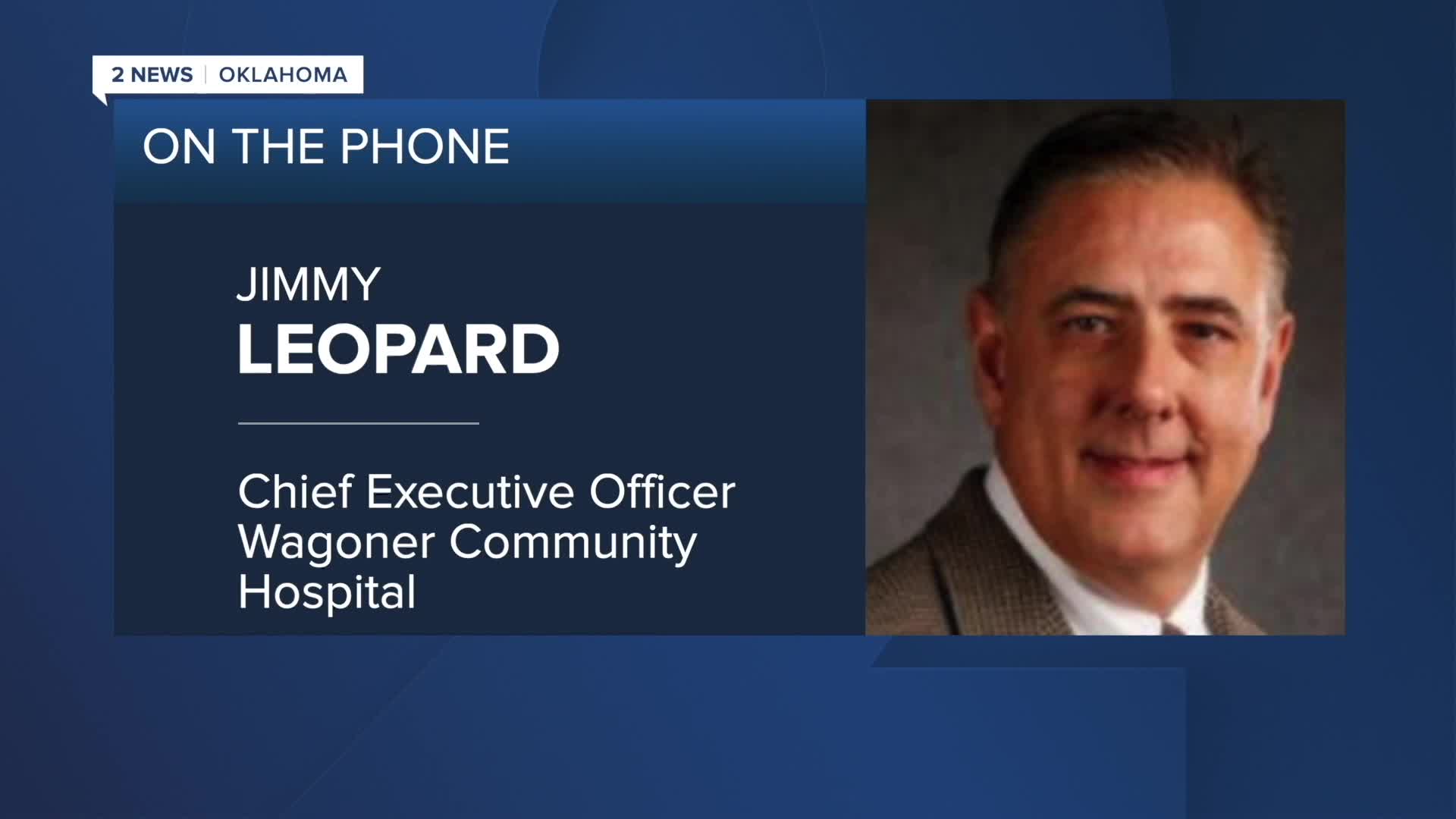WAGONER, Okla. — Employees at Wagoner Community Hospital received their paychecks late after the hospital had to secure a loan to cover payroll due to delayed Medicaid supplemental payments.

When Wagoner Community Hospital nurse Haley Postell reached out to us, she was concerned about missing paychecks.
"I reached out to Channel 2 News because we haven't received our paychecks, and today is Friday, August 1st. It's payday, and um, we haven't received any communication either via email, calls, texts from our hospital about what is going on here," Postell said.
The issue stems from a problem impacting hospitals across Oklahoma that receive supplemental Medicare payments known as "SHOPP" payments.
"The SHOPP payments are a special payment that hospitals receive for treating Medicaid patients," said Rich Rasmussen, CEO of Oklahoma Hospital Association.
Rasmussen explained that Medicaid traditionally pays hospitals less than the actual cost of treating patients.
"The federal government permits states to increase that level of reimbursement above the cost of delivering that care," Rasmussen said.
The amount is negotiated between Oklahoma's Healthcare Authority and the Centers for Medicare and Medicaid Services. Because those negotiations are ongoing, the state doesn't have the money yet to pass through to hospitals.
This has many hospitals - especially those serving rural Oklahoma communities - like Wagoner Community Hospital in a financial pinch while they wait for funds.
"Medicaid is our largest payer, and we are very dependent upon federal and state Medicaid supplemental payments, and anytime there's an interruption, it causes issues for hospitals like us that have high Medicaid utilization. So we're very concerned about this issue getting resolved quickly," said Jimmy Leopard, CEO of Wagoner Community Hospital.
Thanks to a loan from a local bank, Leopard told 2 News the hospital was able to make payroll this week with checks going out the afternoon and evening of Aug 1 and on Aug 2.
WATCH: Concern about late paychecks reveals problem facing many Oklahoma hospitals
However, this is just a stop-gap measure.
Postell feels the funding uncertainty hospitals face while waiting for negotiations to conclude puts both patients and staff at her hospital and others at risk.
"Rural hospitals in Oklahoma are definitely at risk. This could happen to anyone. We've already seen this happen in Stillwell. They're closed down. I don't want this for this community and or this organization, so I don't know if we're going to have to keep borrowing and or getting loans every two weeks to make payroll or if Medicare is going to be able to get the money to these lower communities who depend on that more than say a large facility like St. Francis," Postell said.
Rasmussen expressed concerns about both immediate and long-term impacts.
"Unfortunately, there are occasions when it happens, and that's the position that we're in today. But what concerns us is not so much about today, which is a concern, but long term. The cuts that Congress just approved is going to make this even more difficult going forward because as hospitals rely on these special payments to continue to pay for their operations today, these payments are going to be reduced by over $6.3 billion over the next decade. So very rural hospitals are going to struggle as reimbursements are reduced as well as our larger hospitals. So this is something that we urge Congress to reassess because it's going to have an impact on our state and for that matter, the entire nation," Rasmussen said.
This story was reported on-air by a journalist and has been converted to this platform with the assistance of AI. Our editorial team verifies all reporting on all platforms for fairness and accuracy.
Stay in touch with us anytime, anywhere --
- Download our free app for Apple, Android and Kindle devices.
- Sign up for daily newsletters emailed to you
- Like us on Facebook
- Follow us on Instagram
- Watch LIVE 24/7 on YouTube





